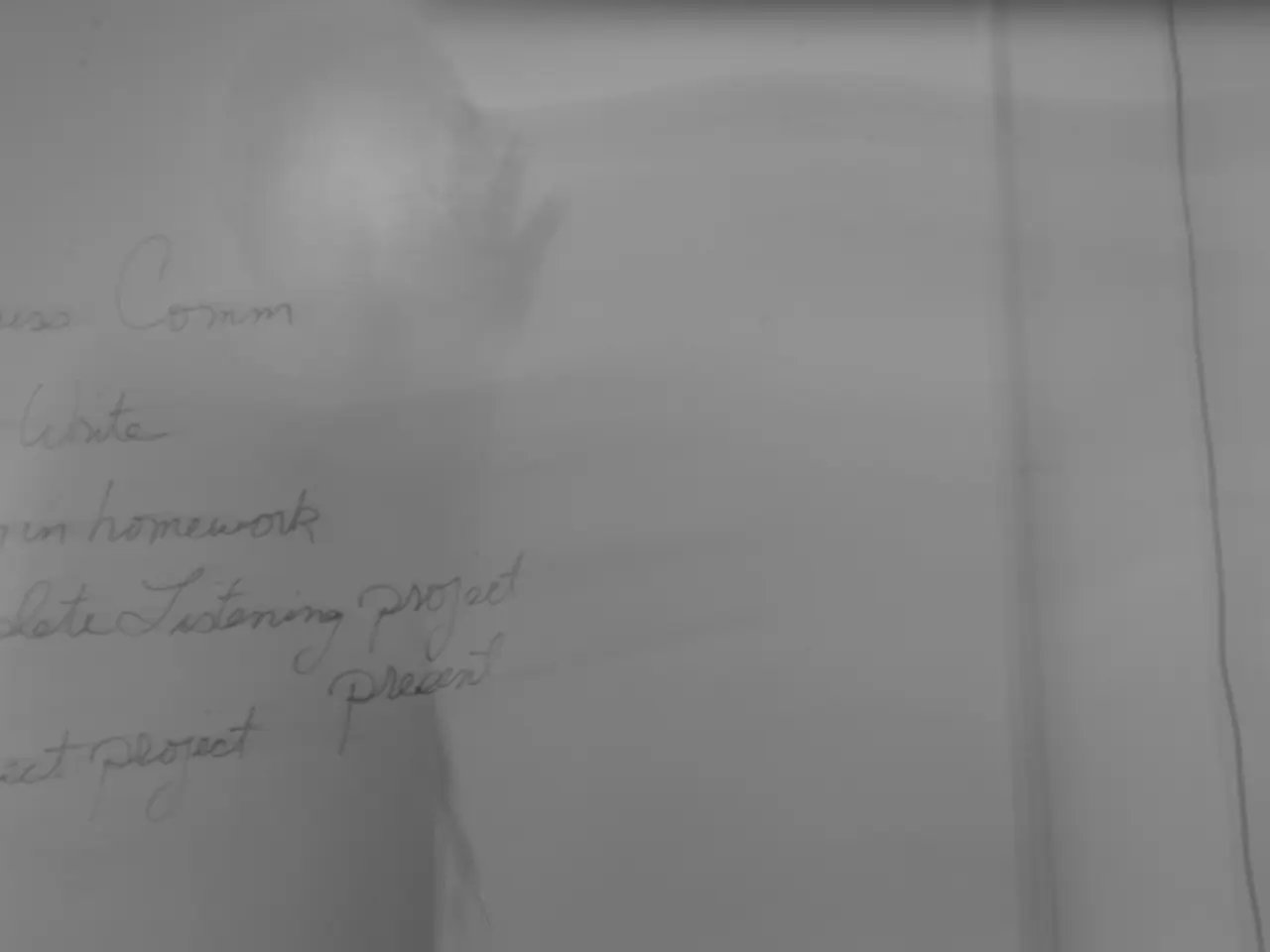Survival Strategies of Human Species and the Impact of Overconfidence Bias
=========================================================
In the dynamic world we live in, overconfidence bias—the excessive trust in one's own judgment and abilities—plays a significant role in shaping human survival across various domains. This article explores the impact of overconfidence bias on medical decisions, financial markets, entrepreneurial ventures, deception, societal structures, and public health.
Medical Decisions
Overconfidence can lead healthcare professionals or patients to overestimate diagnostic accuracy or treatment efficacy, potentially resulting in misdiagnosis, unnecessary procedures, or disregarding alternative treatments. This can endanger patients' health and survival by promoting risky or erroneous medical choices.
Financial Markets
Investors and financial managers prone to overconfidence bias tend to underestimate risks, overtrade, or ignore evidence that contradicts their views, increasing market volatility and vulnerability to crashes. The consequences include personal financial loss and systemic distrust, as seen in scams that exploit confidence to perpetrate fraud and weaken institutional trust.
Entrepreneurial Ventures
Entrepreneurs often exhibit overconfidence in their ability to succeed, which can drive innovation and risk-taking. While this can lead to significant breakthroughs, it also increases the rate of failure due to underestimating obstacles or market realities, impacting economic stability and individual livelihoods.
Deception
Overconfidence enables deceivers to convincingly impersonate or misrepresent, as in cases of fraud or false legal claims. Victims' trust is exploited due to their own confidence in judgment or expertise, affecting societal trust and legal integrity.
Societal Structures
On a social level, overconfidence reinforces cognitive biases that shape subjective realities, promoting distorted judgments and groupthink. This can lead to polarized opinions, resistance to new information, and flawed collective decisions affecting governance, safety policies, and cultural cohesion.
Public Health Risks
Overconfidence in personal health choices can lead individuals to ignore medical advice or preventive measures, increasing vulnerability to diseases. Misinformation campaigns, where individuals confidently spread false information about health risks or environmental issues, can lead to public health crises or inadequate responses to climate change.
Risky Behavior
Individuals may engage in dangerous activities-such as extreme sports or ignoring safety protocols-believing they are invulnerable or more capable than they truly are, which can lead to accidents and fatalities.
While overconfidence can sometimes accelerate decision-making when speed is more critical than accuracy, it generally introduces risks by fostering inaccurate judgments and illogical choices that threaten survival and well-being in complex modern environments. Managing the balance between confidence and humility remains crucial for individual and societal resilience.
Economic Instability
Poor financial decisions driven by overconfidence can lead to economic downturns that affect entire communities and countries. Encouraging self-awareness, seeking feedback from peers or mentors, and raising awareness about cognitive biases can empower individuals to critically evaluate their judgments and decisions, helping to mitigate the negative impacts of overconfidence bias in modern society.
- In the context of environmental science, overconfidence biases might lead individuals to underestimate the potential impacts of climate change or overemphasize the efficacy of certain mitigation strategies, thereby hampering collective efforts to address this global problem.
- In the field of education and self-development, overconfidence can hinder the acquisition of new knowledge and skills, as it might lead students or professionals to ignore the necessity of continuous learning and adaptation in the face of evolving environmental challenges.
- To foster a more sustainable future, it is essential to promote critical thinking and humility in the realm of environmental-science education, empowering individuals to make informed decisions based on accurate scientific evidence and consideration of the long-term environmental consequences of their actions, contributing to a more sustainable and resilient planet in the face of climate change.








